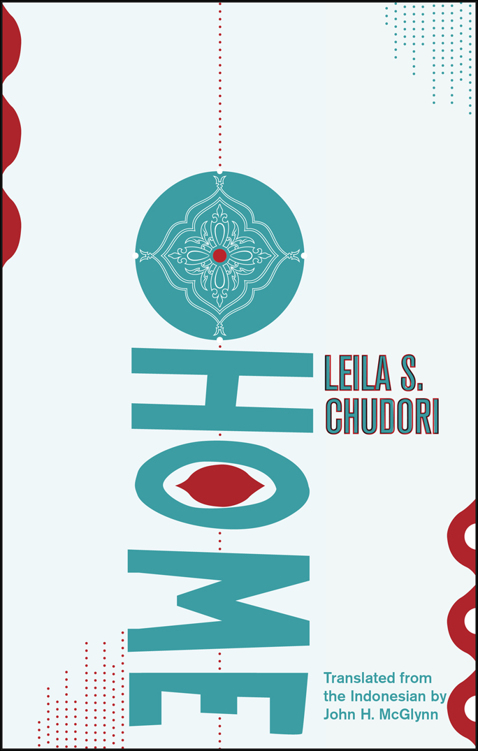
Home
کتاب های مرتبط
- اطلاعات
- نقد و بررسی
- دیدگاه کاربران
نقد و بررسی

October 26, 2015
Chudori's (9 Dari Nadira) novel debut, awarded the Khatulistiwa Literary prize, is an ambitious saga that intertwines narration from various generations and creates a wide-ranging picture of Indonesia. It opens in the violent 1960s in Jakarta (after Suharto's rise to power), and follows political exiles studying and living in Paris up until Suharto's overthrow in 1998. Dimas is living in Paris after fleeing turbulent Indonesia and settling briefly in China during the Cultural Revolution. He has Communist sympathies, but it's difficult for him to accept the world in such stark terms as proletariat vs. bourgeoisie. When a letter comes from home explaining that a close family friend has been detained in the Communist purge, Dimas begins to explain to his lover, Vivienne, the forces and means that brought him to Paris. Through Dimas and his friends and family, Chudori relentlessly examines the complexity of having a "home"; home can be both political and personal, and involve remembering and forgetting. Though the sheer number of landscapes and characters can be burdensome, the novel stays grounded with nostalgic themes of food and love, anchoring the reader with mouthwatering detail and the intrigue of Romeo and Julietâesque affairs. The book flows with detailed reportage and exposes the ongoing human degradation that resulted from the conflict between the Indonesian Communist Party and the conservative Gestapu. Chudori also proves a more universal truth: "Everyone has his own version of history."

























دیدگاه کاربران